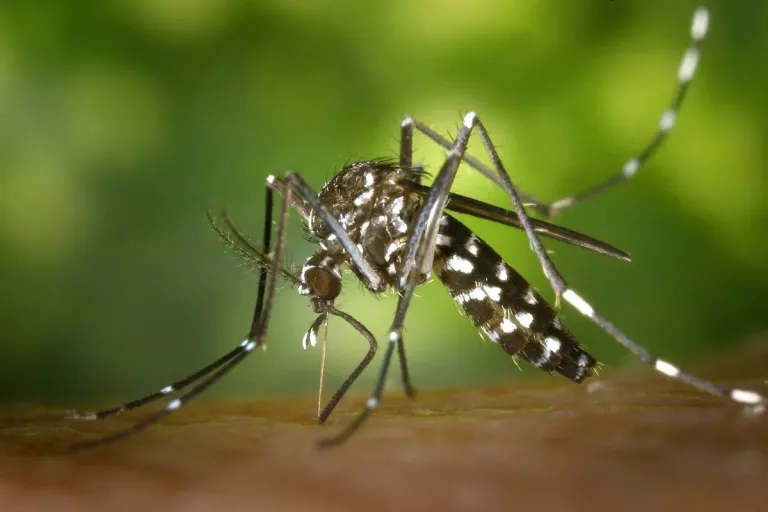PANAMA CITY, Panama – The Panamanian Ministry of Health (Minsa) has implemented immediate epidemiological surveillance and vaccination efforts in the Bocas del Toro province following a confirmed case of yellow fever in neighboring Costa Rica. Health officials are focusing on border communities, particularly the Sixaola river entry point near Guabito, to prevent the potential spread of the mosquito-borne virus.
The regional director of Minsa, Daryl Palmore, confirmed that authorities are actively managing the procurement of the international yellow fever vaccine to ensure its availability for provincial residents. The proactive measures aim to create a protective barrier for the local population and travelers entering the region.
Border Surveillance and Vaccination Strategy
According to health authorities, the case detected in Costa Rica involved two travelers who had recently been in a jungle region of Peru. One of the individuals, who was vaccinated, remained asymptomatic. The other, who was not immunized, developed the disease.
In response, Panama is maintaining active surveillance of all individuals entering the country from endemic zones.
We are managing the doses of the international yellow fever vaccine to guarantee its availability in the province and protect the population,
said Regional Director Daryl Palmore [Translated from Spanish]. Travelers who cannot present a valid international yellow fever vaccination certificate upon entry are required to receive the vaccine.
Public Health Advisory and Preventive Measures
Minsa has reiterated its call for citizens to eliminate mosquito breeding sites around their homes, a key preventive measure against diseases like yellow fever, which is transmitted by the Aedes aegypti mosquito. The ministry also advises vaccination for anyone planning to travel to or from countries where the virus is known to circulate, a recommendation supported by global health authorities.
This health alert underscores the ongoing challenges in Central America regarding vector-borne diseases and the importance of cross-border health cooperation. The Panamanian health ministry continues to monitor the situation closely, emphasizing that vaccination remains the most effective defense against yellow fever.



